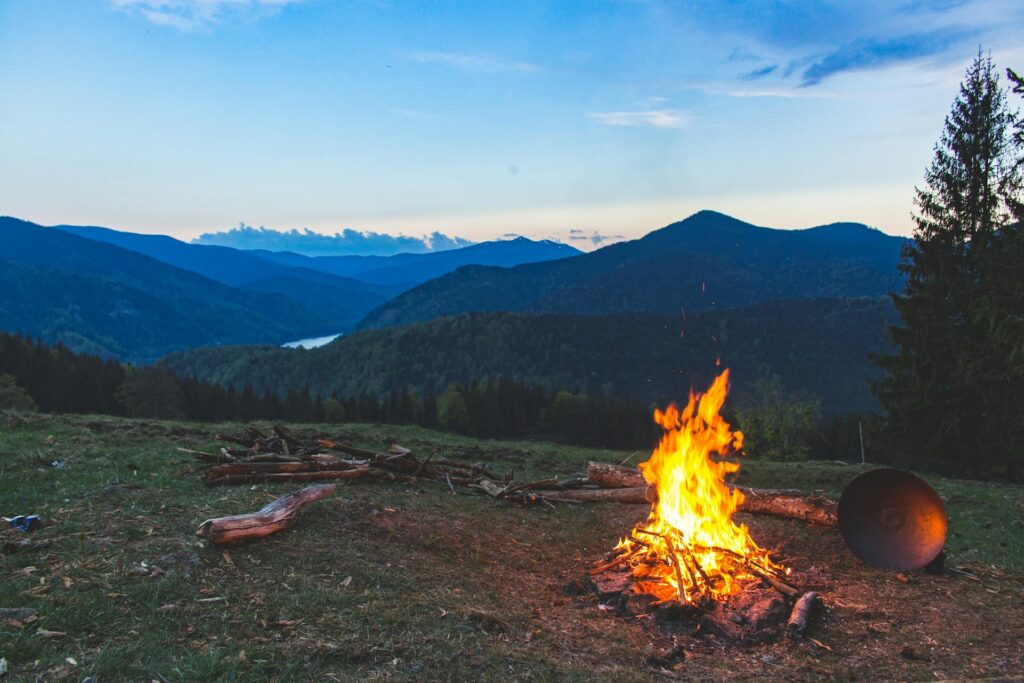

There is a special kind of freedom that comes with solo camping. It’s just you, the open trail, and the quiet hum of nature – a chance to disconnect and reflect on yourself.
But heading into the wild on your own also brings unique challenges that require careful preparation. Whether you’re new to solo camping or a seasoned pro, being ready is the key to turning your trip into an unforgettable experience.
In this article, we will discuss five must-know tips that will help you camp alone with confidence and peace of mind.
Let’s begin!
Have the Right Gear
The right gear is the backbone of a successful camping trip. Start with a quality tent that suits the weather and terrain you’ll encounter. A warm, lightweight sleeping bag is also essential for a good night’s rest.
Your backpack should contain things such as:
- Navigation Tools
- Lighting Gear
- First Aid Kit
- Cooking Essentials
- Clothing
Having a bushcraft knife on hand is also wise. Known as survival knives, they can be used in a variety of settings, making them perfect for solo campers. You can find some great tips on how to choose a bushcraft knife here.
Plan Ahead and Inform Someone
Before setting out on your solo camping adventure, thoroughly plan your routine and campsite details. Use resources like maps, GPS, and guidebooks to understand the terrain and difficulty level of the area.
Once your plan is complete, inform a trusted friend or family member. Provide them with specifics such as your exact campsite, trail choices, expected arrival/departure times, and an emergency contact plan. Checking in with them when you’re back can add an extra layer of safety.
Stay Aware of Your Surroundings
The wilderness has its own set of challenges, so staying vigilant is vital. Familiarize yourself with the area’s wildlife and how to avoid conflict. For example, hanging food in a bear bag or using a bear-proof container helps keep your belongings safe from foraging animals.
You should also monitor the weather forecast before leaving and check updates regularly. Sudden changes can greatly impact your trip.
Understand Local Regulations and Leave No Trace
Another important step is to research camping regulations in your chosen area. Some locations may have restrictions on campfires or require permits, especially in national or state parks.
You must also practice Leave No Trace principles by cleaning up waste, sticking to established trails, and minimizing your environmental footprint. This includes packing out all trash and burying human waste according to guidelines.
Prepare Mentally and Trust Yourself
Lastly, camping solo comes with mental challenges, such as dealing with nerves and loneliness. Prepare yourself by thinking through potential scenarios and how you’d handle them.
Confidence grows with experience, so start with short trips in familiar areas before attempting remote locations. Always trust your instincts, if something feels off, don’t hesitate to change your plans or return home.
Final Words
Solo camping can feel intimidating at first, but with the right planning, it becomes an incredible experience to reconnect with nature and yourself. Taking these measures ensures you can enjoy your adventure safely and confidently.
